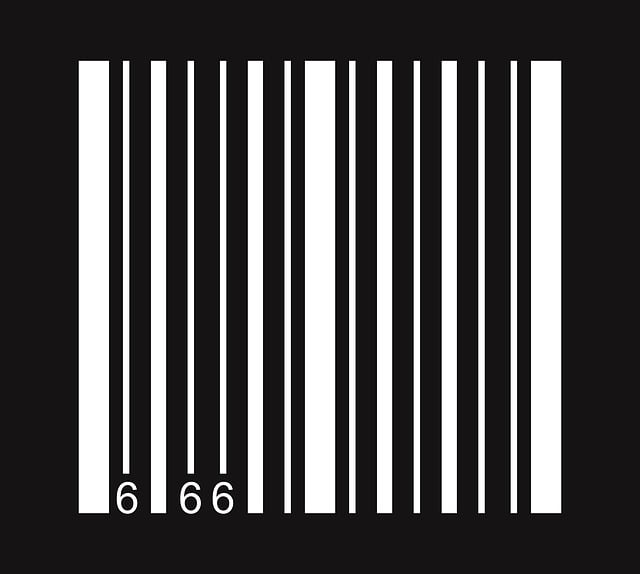Debt consolidation loans streamline debt repayment by combining multiple debts at lower interest rates, enabling faster debt elimination, especially for high-interest credit card debt. Credit scores heavily influence loan terms; higher scores secure better rates and flexible plans. Assessing financial situation, understanding debt-to-income ratios, and choosing reputable lenders with transparent terms are crucial steps to achieving debt-free status through effective debt consolidation.
Debt consolidation loans offer a strategic path to becoming debt-free. This article guides you through the process of qualifying for these beneficial financial tools, breaking it down into manageable sections. First, we’ll clarify what debt consolidation is and why it’s advantageous. Next, understand how your credit score affects eligibility. We’ll then explore the amount of debt you can consolidate and highlight the importance of choosing a reputable lender. By the end, you’ll be equipped to make informed decisions towards financial freedom.
- Understand Debt Consolidation Loans: What They Are and Benefits
- Evaluate Your Credit Score: Impact on Loan Eligibility
- Assess Your Debt: How Much Can You Consolidate?
- Choose a Reputable Lender: Ensuring Debt-Free Future
Understand Debt Consolidation Loans: What They Are and Benefits

Debt consolidation loans are a financial tool designed to simplify and streamline multiple debts into a single loan with a lower interest rate. By consolidating debt, individuals can reduce monthly payments, pay off their debts faster, and potentially save money on interest expenses. This approach is particularly beneficial for those burdened by high-interest credit card debt or multiple loans with varying repayment terms. It offers a structured path to becoming debt-free by combining all outstanding debts into one manageable payment.
One of the key advantages of debt consolidation loans is their ability to simplify financial management. Instead of tracking multiple payments, borrowers make just one monthly installment, often at a lower interest rate than their original debts. This can be particularly appealing for individuals who find themselves in a maze of debt, with high-interest rates and confusing repayment terms. By consolidating, they can navigate a clearer path towards financial freedom, free from the burden of multiple debts. Additionally, many lenders offer the flexibility to choose repayment plans that suit individual needs, further enhancing the benefits of going debt-free through consolidation loans.
Evaluate Your Credit Score: Impact on Loan Eligibility

Your credit score plays a pivotal role in determining your eligibility for debt consolidation loans. Lenders carefully assess this financial indicator to gauge your creditworthiness and decide on loan terms. A higher credit score generally means better access to favorable interest rates, larger loan amounts, and more flexible repayment plans. This is because lenders perceive individuals with robust credit histories as lower risks, making them more confident in extending credit.
In the UK, a credit score below 600 is often considered poor, while scores above 750 are deemed excellent. The best way to get out of debt quickly involves improving your score before applying for debt consolidation loans. Stopping the debt trap requires expert advice on managing finances and responsible borrowing. A debt consolidation UK bad credit scenario can be navigated by understanding these factors and taking proactive steps towards financial health, ultimately paving the way to debt-free living.
Assess Your Debt: How Much Can You Consolidate?

Before applying for a debt consolidation loan, it’s crucial to understand your current financial situation and assess the extent of your debts. This step is essential as it helps determine how much debt you can realistically consolidate. Start by listing all your debts, including credit cards, personal loans, and any other outstanding balances. Calculate the total amount owed, considering interest rates and minimum payment requirements for each debt.
Knowing your debt-to-income ratio is also valuable in this process. This ratio represents the percentage of your monthly income dedicated to paying off debt. A lower ratio indicates that a larger portion of your income can be used to reduce and eventually eliminate your debts, making it easier to secure favorable terms for a debt consolidation loan. Aiming to break free from the debt cycle means understanding these figures, as it enables you to make informed decisions and take control of your financial future, ensuring lower monthly payments on debt and ultimately achieving debt-free travel hacks for students.
Choose a Reputable Lender: Ensuring Debt-Free Future

When exploring debt consolidation loans as a path to debt-free future, choosing a reputable lender is paramount. This decision isn’t just about securing a loan; it’s about entrusting your financial well-being to someone who will guide and support you throughout the process. Look for lenders with clear terms, competitive interest rates, and flexible repayment options. Reputable lenders offer transparency in their charges, ensuring there are no hidden fees that could complicate your journey towards debt freedom.
Additionally, these institutions often provide free tools for managing debt, empowering you to make informed decisions and stay on track. Even if dealing with bad credit, don’t despair; many reputable lenders cater to individuals with less-than-perfect credit by offering debt consolidation loans bad credit ok, albeit with conditions. The key is to conduct thorough research and compare offers, choosing a lender that aligns with your financial goals and treats you fairly along the path to debt-free living.
Debt consolidation loans can be a powerful tool for achieving financial freedom. By understanding the process, evaluating your creditworthiness, assessing your debt burden, and selecting a reputable lender, you can take significant steps towards becoming debt-free. These strategies will help qualify for favorable terms on debt consolidation loans, enabling you to consolidate, manage, and eventually pay off your debts effectively.
